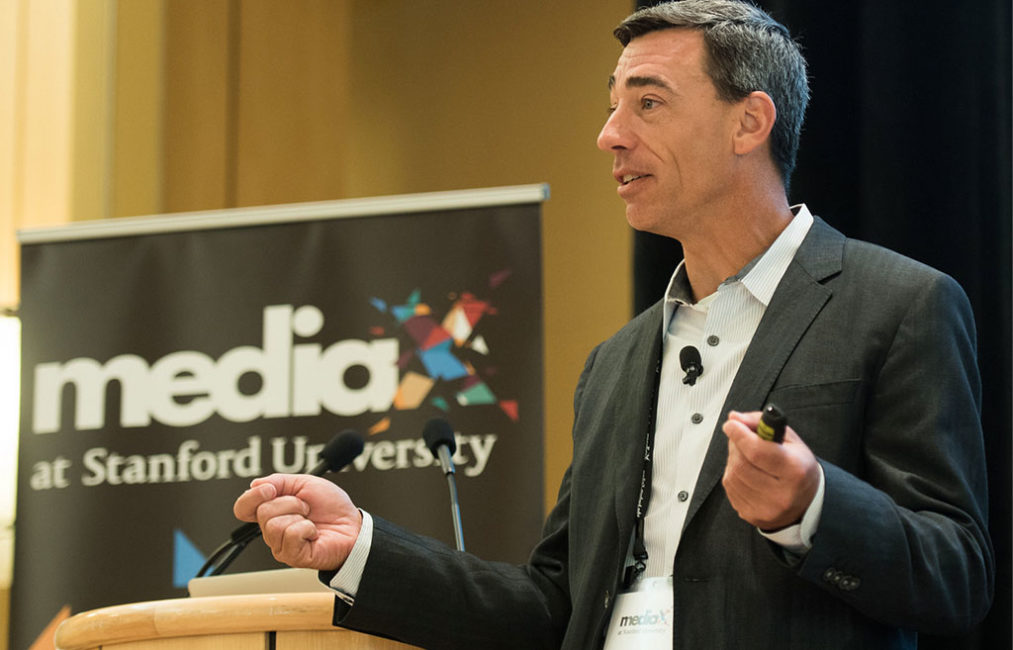mediaX Thought Leader Helps Link Poor Memory to Attention Lapses and Media Multitasking

The eyes may be the windows to the soul, but they can also provide insightful glimpses into memory. Stanford scientists are now able to predict whether an individual will remember or forget based on their neural activity and pupil size.
“As we navigate our lives, we have these periods in which we’re frustrated because we’re not able to bring knowledge to mind, expressing what we know,” said Anthony Wagner, the Lucie Stern Professor in the Social Sciences in Stanford’s School of Humanities and Sciences. “Fortunately, science now has tools that allow us to explain why an individual, from moment to moment, might fail to remember something stored in their memory.”
In addition to investigating why people sometimes remember and other times forget, the team of scientists also wanted to understand why some of us seem to have better memory recall than others, and how media multitasking might be a factor.
The research, published in this week’s issue of the journal Nature, begins to answer these fundamental questions, which may have implications for memory conditions like Alzheimer’s disease and could lead to applications for improving peoples’ attention – and thereby memory – in daily life.
Watch Anthony’s mediaX Presentation, The Science of Remembering HERE
Read The Entire Stanford News Story by Lara Streiff HERE